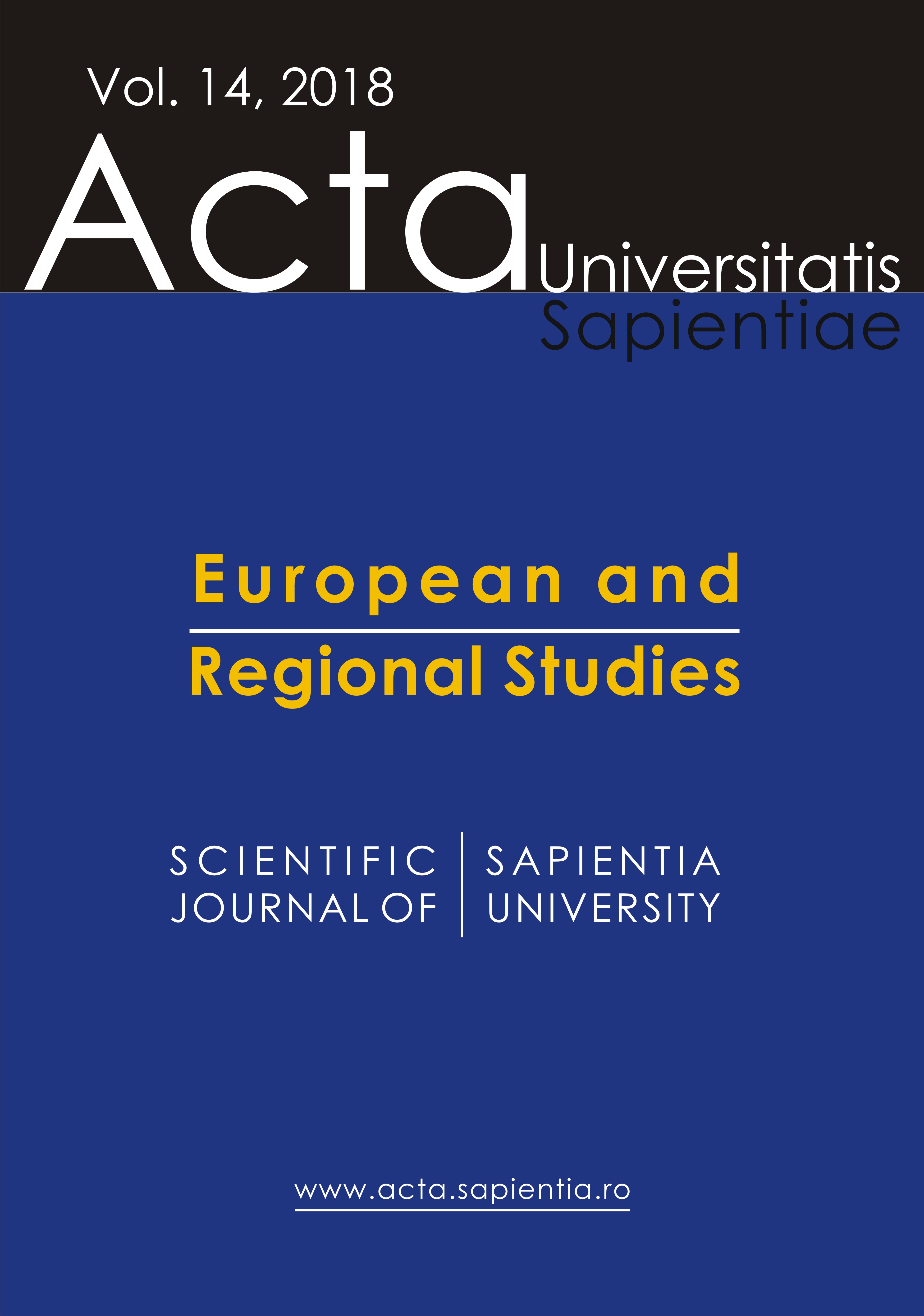Ruralization of the (Urbane) Concept of Sensus Communis in a 19th-century Hungarian Philosophical Controversy
Ruralization of the (Urbane) Concept of Sensus Communis in a 19th-century Hungarian Philosophical Controversy
Author(s): Béla MesterSubject(s): Philosophy, History of Philosophy
Published by: Scientia Kiadó
Keywords: common sense; Georg Wilhelm Friedrich Hegel; Gusztáv Szontagh; János Erdélyi; János Hetényi;
Summary/Abstract: The topic of the present article is the destruction of the common sense tradition linked to the urbanity of philosophy, which had deep roots both in the European and Hungarian traditions. This destruction was based on Hegelian ideas by János Erdélyi as an argument of the greatest philosophical controversy of the Hungarian philosophical life in the 1850s. In Erdélyi’s argumentation, the turn from the supposed urbanity to the supposed rurality of the common sense has a fundamental role. The idea of the rurality of the common sense has an influence on the Hungarian intellectual history of the next centuries, as well.
Journal: Acta Universitatis Sapientiae, European and Regional Studies
- Issue Year: 2018
- Issue No: 14
- Page Range: 23-40
- Page Count: 18
- Language: English

